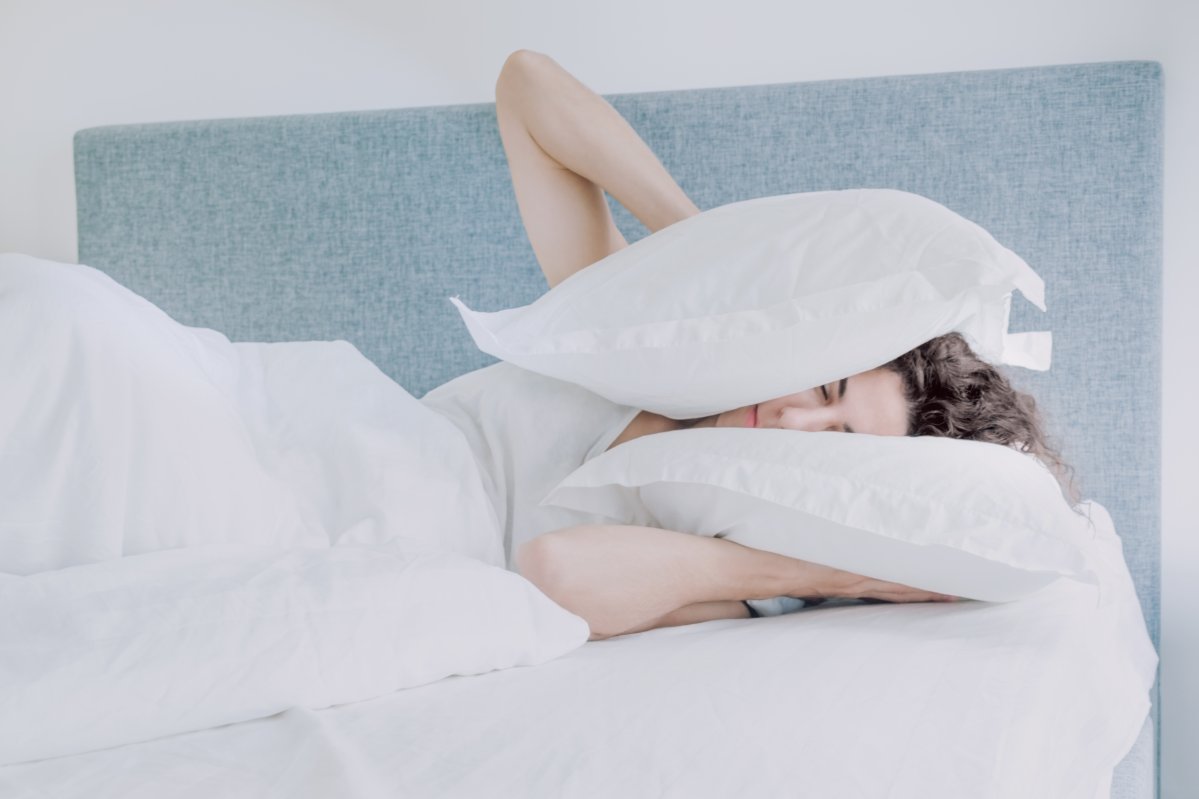If you’re feeling a little groggy this morning, you’re probably not alone. If there’s one thing people like to do after moving their clocks ahead every spring, it’s complain about how tired they are.

The reason why is quite simple, said Stuart Fogel, who is an assistant professor of psychology at the University of Ottawa, where he works in the Sleep Research Lab. You just lost an hour of sleep.
“The way that that takes place for most people at least is, they go to bed at their normal time and they change their clocks or their watches just as they go to bed or when they wake up in the morning,” he said. “And they find themselves a little bit sleep-deprived as a result.”
WATCH: Dr. Mitch Shulman joins Global’s Laura Casella in studio to talk about the medical consequences of Daylight Saving Time.

Even just losing an hour of sleep matters.
“I would say that even a small amount of sleep loss can have some severe consequences,” he said.
Experiments he’s running now are showing that otherwise healthy people, when slightly sleep-deprived, have slower reaction times and are less able to handle tasks that require concentration.
“There’s some literature showing that there are increases in accidents, workplace, motor-vehicle accidents and the severity of them is greater following the time change. And there’s research showing that even a small amount of sleep restriction, an hour or two, can have an impact on your ability to drive and things like that.”
Fogel says this is due in part to your “sleep architecture” – how your sleep progresses throughout the night.
At the beginning of the night, he said, you’re in a deep sleep. “This type of sleep is really important. Growth hormone is released then and it’s very important for physical health and physical restoration.”
In the second half of the night, you switch to a different kind of sleep. You experience rapid eye movement (REM) sleep, which is associated with dreaming. You also have spikes in brain activity that are important for learning and memory, as well as mood regulation and cognitive function, he said.
Getting up an hour early means that you cut into that second stage of sleep, and get less time to go through these mental processes. Although Fogel doesn’t think that losing an hour will affect your memory or mood regulation too much, he does think it will have an effect on your brain.
“That will have an impact on your vigilance, probably your attention, and probably your ability to concentrate, your ability to react to things in your environment.”
What to do about it
Unfortunately, if you’re reading this on Sunday, it might be a little late to use one of Fogel’s tips to reduce the impact of Daylight Savings Time: slowly adjusting your bedtime and wake time in 15-minute increments over several days.
But, you can use that same advice for other time-change situations, like to prevent jet lag. “It gives your brain and body the ability to adapt to that change and that’s really one of the best ways to get through it.”
And now that you’re in Daylight Saving Time, you should make sure to keep a consistent schedule.
“Our brains, they really crave regularity,” he said. “And when there is a change like Daylight Saving Time, the best thing you can do is go to bed and wake up at the same time every day. And your brain will thank you for it and you’ll sleep better as a result.”
Otherwise, much of his advice is helpful to get a better sleep any time of the year.
You should make sure to have some wind-down time before going to bed, to engage in some relaxing exercise or other such activity. You should avoid stimulants like caffeine and nicotine, as well as alcohol, too close to bedtime.
Also, you should eliminate distractions like televisions and cellphones from the bedroom. “These things emit a lot of noise and light and distraction and also can remind us of things like work and things you have to do the next day,” he said.
Finally, he thinks that you shouldn’t underestimate the importance of sleep – or the consequences of not getting enough. “It’s one of the pillars of good mental and physical health.”


Comments